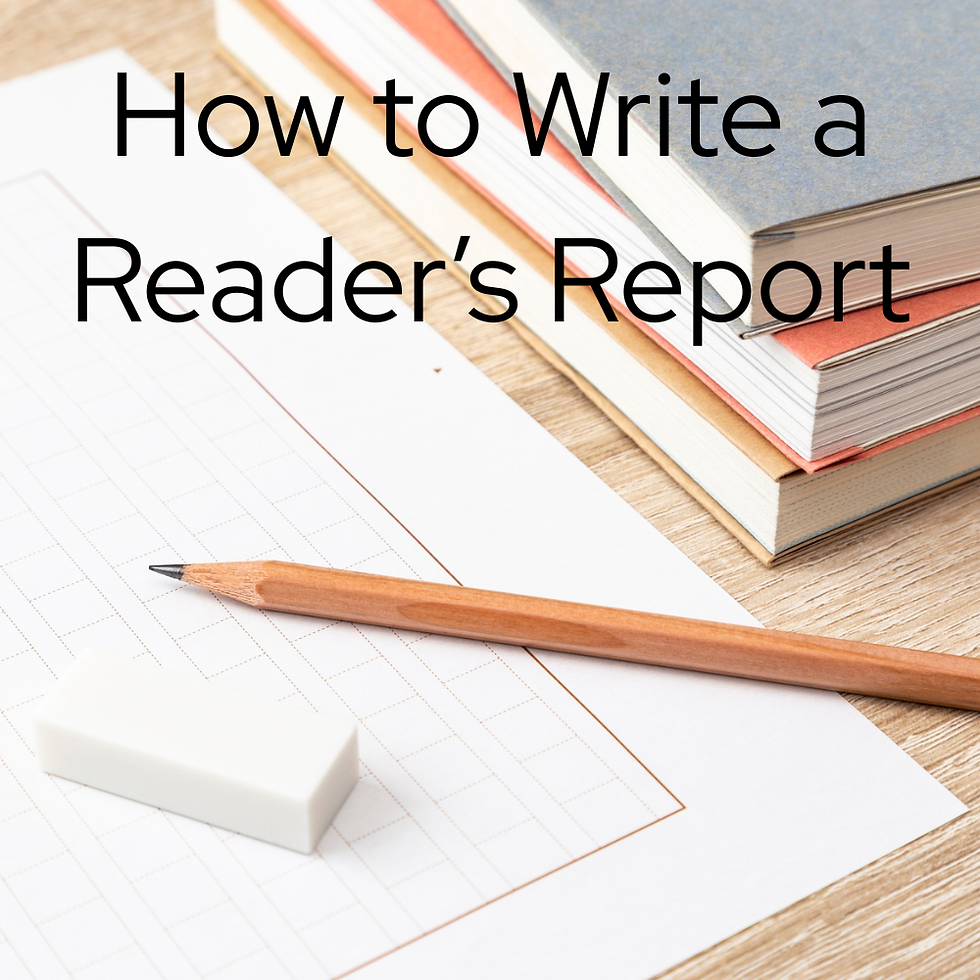Revision: Seeing Your Work in a New Light
- Esther Ra
- Apr 11, 2018
- 3 min read
Updated: Aug 31, 2022

Tap, tap. Your fingers fly across the keyboard, punching in the final letters. You toss in a catchy final line, fling yourself back in your chair, and let out a deep sigh of contentment. Your file saves under the name Final.Final(ish).Finally.FINAL_draft.docx, and clapping your hands, you waltz into the kitchen for a well-deserved dessert, singing, “I’M DONE!”
Or are you? Really?
Most people skip over the last step of revising because they’ve spent so much time poring over that piece of writing that they feel they simply can’t add anything new to it. Or maybe they just love the reassuring feeling of being finished when they finally complete a draft, and they don’t want to let dissatisfaction creep in again. In any case, revising is scary, or at least boring, for many writers. It’s the equivalent of that fussy guest who grumbles that the knives are laid out in the wrong order.
For all the bothersome connotations of revision, it’s actually a word full of possibility, one that should get writers excited. Revision comes from French révision, from Late Latin revisionem, or “a seeing again.” Revision is an act of recreation, of seeing your writing in a new light. It’s the last step where you breathe into a work of clay, and allow yourself to be surprised when it gains a life of its own.
Here are some tips when you don’t know where to get started with “seeing” your work again and giving it new life!
1. Let it gather dust.
There comes a time when you’ve read and reread your writing so much that the phrases dance before your eyes. Or when you’ve spent so much time writing it out that you feel sick just looking at it again. Put it away in a drawer for at least a few days while you take your mind off the manuscript. When you take it out again, the familiarity will have worn away a little, and you’ll be able to approach it with a fresh mindset.
2. Be adventurous!
Don’t be afraid to get creative with your writing! Why don’t you draw what you felt while you were writing, or sketch the characters you’ve portrayed? I often draw to reveal new insights about what I really mean to say. Other times, I have sat down with a pair of scissors and cut up an essay I had written about love. Using the paragraphs I had separated, I started swapping the order around physically, and by the end, I had decided I wanted to change the order of several incidents I’d mentioned, and actually changed the entire genre of my writing to a poem! Be adventurous in the ways you “re-see” your works.
3. Read other people’s writing for inspiration.
It’s always inspiring to read about the same themes or thoughts in your writing in the voice of another author. They may provide perspectives that complicate what you were trying to say in your writing, or just add depth to what you were claiming. Pick up your favorite books or writing and dive in. You may resurface with pearls to add to your own writing.
4. Read it in print, read it aloud.
Rereading the same writing over and over again on a laptop screen is definitely different from reading it in print. Something as simple as holding the words in your hand and letting your eye move across paper can help you catch a typo you hadn’t seen before, or feel the rhythm of the words in a new way. Reading it aloud—especially to someone else—is also a great way to taste the flavor of your words and rearrange them. You can also listen to another person’s feelings upon reading your writing to see what responses it evokes. A pair of different eyes can catch sections that need clarification, or appreciate parts that you took for granted!
Revision isn’t just about correcting a spelling mistake here and there. It’s a chance to dive into your writing anew, to reshape, and recreate it. Try out these four different tips for “seeing again,” and tell us which method works best for you!
About the author: Esther Ra is the author of book of untranslatable things (Grayson Books 2018). Her work has been published in blue moon, The Scriblerus, and Consequence Magazine, where her poetry has received the 2017 Women Writing War Poetry Award. Born in Seoul, Republic of Korea, she is deeply interested in grappling with the quiet beauty in the ordinary, the price of courage, and the space of ambiguity between different cultures.
.png)



Comments